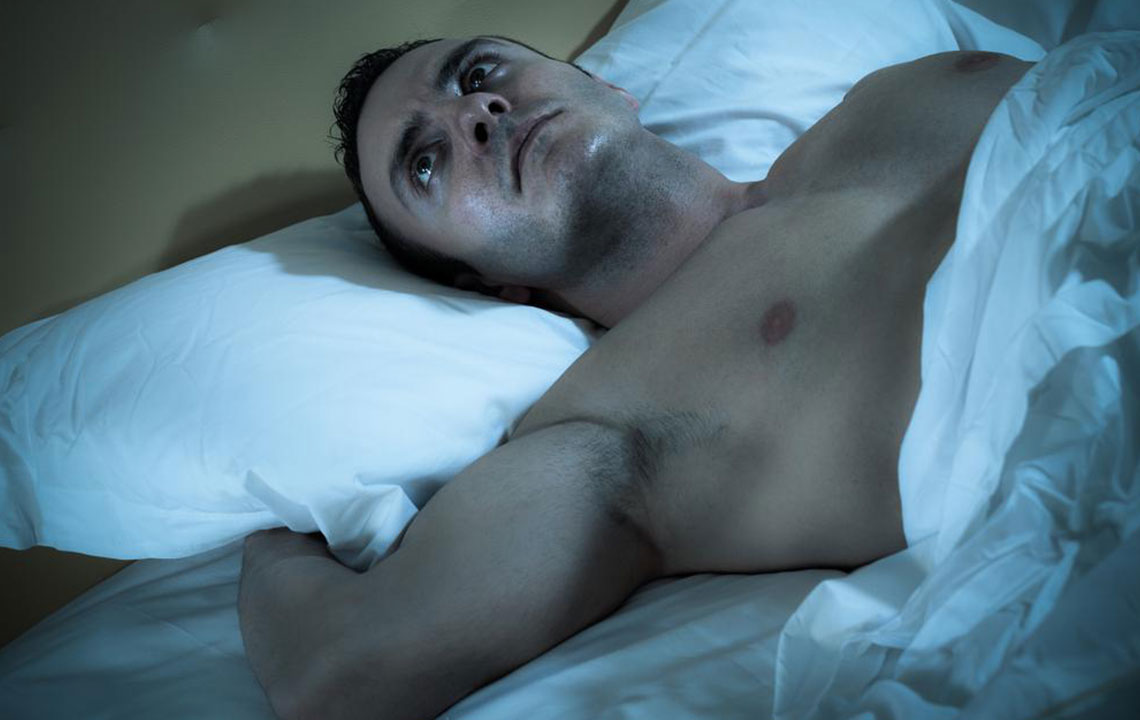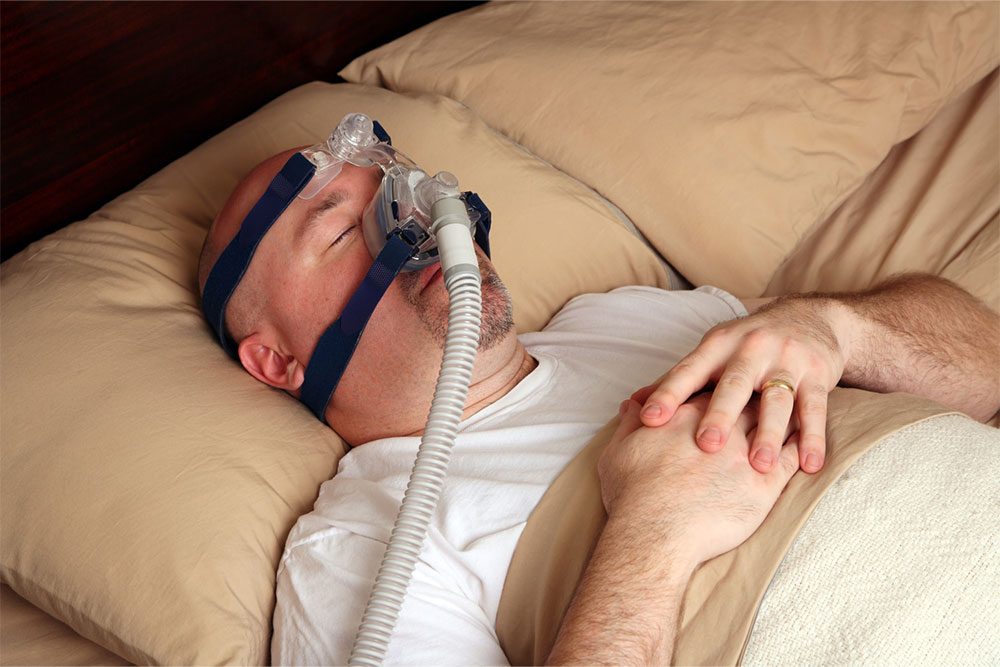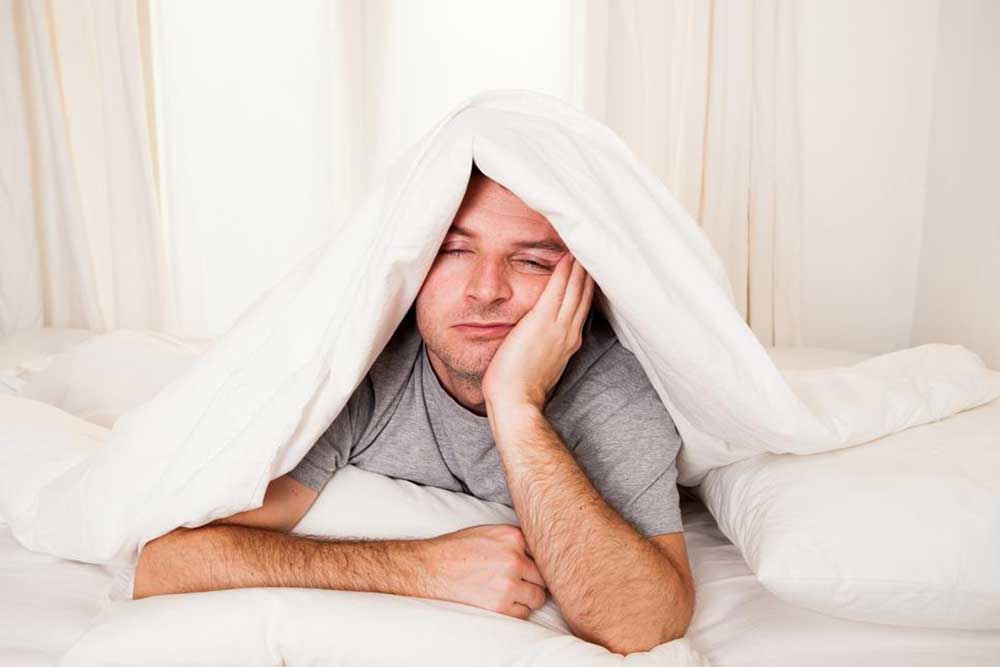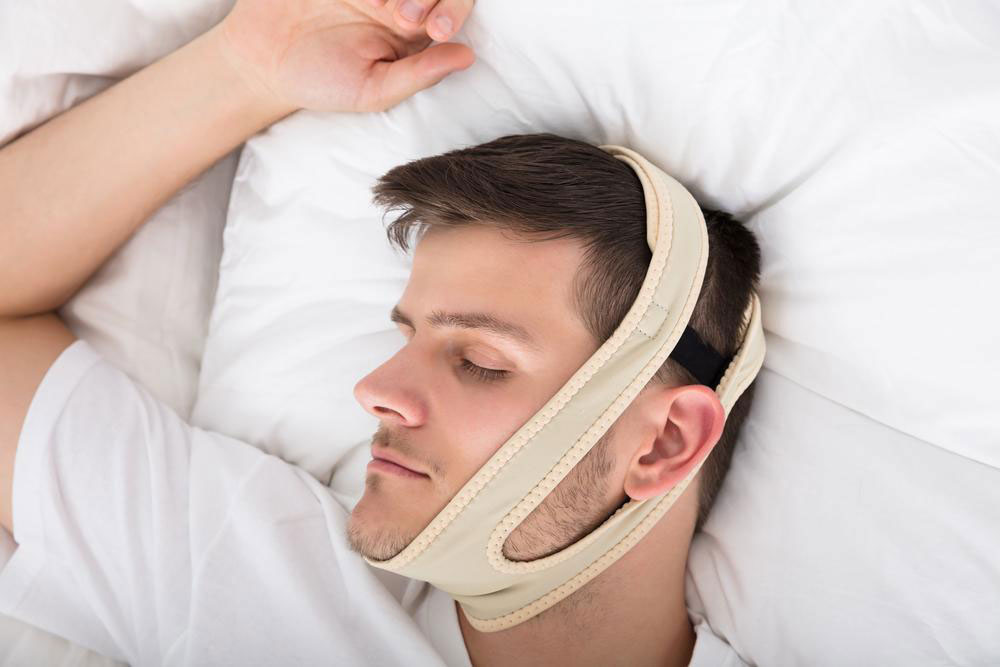Comprehensive Guide to Night Sweats: Causes, Symptoms, and Effective Remedies
Night sweats, or sleep hyperhidrosis, affect about 3% of people and may signal underlying health issues like hormonal fluctuations, infections, or sleep disorders. This comprehensive guide explores causes, diagnostic methods, and effective remedies, including lifestyle modifications and medical treatments. Managing night sweats involves identifying root causes and adopting strategies like creating a cool sleeping environment, regulating medications, and addressing sleep apnea. Early diagnosis and targeted treatment can significantly improve sleep quality and overall health, making this guide essential for anyone experiencing persistent night sweats or related symptoms.

Comprehensive Guide to Night Sweats: Causes, Symptoms, and Effective Remedies
Night sweats, medically known as sleep hyperhidrosis, are characterized by excessive sweating during sleep that causes bedclothes and bedding to become soaked, despite a comfortable room temperature and environment. This condition affects around 3% of the population worldwide and can be a symptom of various underlying health issues. Recognizing and understanding the causes of night sweats are essential steps toward effective management and treatment, improving sleep quality and overall health.
Night sweating can be a distressing problem, significantly impacting sleep patterns, mental health, and daily functioning. In this detailed guide, we will explore the diverse causes of night sweats, associated symptoms, diagnosis tips, and practical remedies to help those affected lead healthier and more comfortable lives.
Understanding Night Sweats
Night sweats are episodes of excessive sweating that occur during sleep, often drenching sleepwear and bedding. Unlike typical sweating due to heat, night sweats happen even in cool environments, indicating an abnormal process or underlying health concern. While occasional night sweating might be benign, persistent or severe episodes should prompt medical consultation to identify potential causes.
Common Causes of Night Sweats
The causes of night sweats are numerous and multifaceted, often stemming from hormonal, infectious, metabolic, neurological, or medication-related factors. Identifying the root cause is vital for effective treatment. Let’s delve into some of the most prevalent causes:
Hormonal Fluctuations: Changes in hormone levels are a leading cause, especially in women experiencing menopause or pregnancy, as well as individuals with thyroid disorders or diabetes. Hormones like estrogen and progesterone significantly influence body temperature regulation, and imbalances can trigger night sweating.
Infections: Certain infections are strongly associated with night sweats, notably tuberculosis, which historically has been linked with persistent sweating episodes. Other infections include influenza, HIV/AIDS, bacterial abscesses, and febrile illnesses, all of which can cause body temperature fluctuations resulting in night sweats.
Obesity and Excess Weight: Carrying excess weight can increase body temperature and metabolic activity, leading to episodes of sweating during sleep. Obesity-related sleep disorders like sleep apnea also contribute to night sweats due to breathing irregularities and sleep fragmentation.
Gastroesophageal Reflux Disease (GERD): This gastrointestinal disorder can cause night sweats, often accompanying symptoms like heartburn, indigestion, and a sour taste in the mouth. The discomfort and stress from GERD can activate the body's stress response, resulting in sweating.
Sleep Disorders: Conditions like obstructive sleep apnea, characterized by interrupted breathing during sleep, can induce night sweating episodes. The body's response to breathing irregularities often involves autonomic nervous system activation, leading to increased sweating.
Cancer: Certain malignancies, notably lymphoma and leukemia, initially present with night sweats as an early symptom. These sweats tend to be drenching and persistent, and they often occur alongside other symptoms like unexplained weight loss and fever.
Medications and Drug Side Effects: Several medications are known to induce night sweats as a side effect. These include drugs used to treat depression (e.g., Trazodone), hormonal therapies, steroids, and certain antibiotics like Ciprofloxacin. Additionally, drugs such as Albuterol for asthma and anti-diabetic medications like Glipizide can trigger sweating episodes during sleep.
Diagnosing Night Sweats
To effectively address night sweats, proper diagnosis is crucial. If you experience frequent or severe episodes, consult a healthcare provider for a comprehensive evaluation. Diagnostic steps may include:
Detailed medical history assessment, including medication review
Physical examination to look for signs of infection or other health issues
Laboratory tests, including blood work, thyroid function tests, and infection screening
Imaging studies if a malignancy or other structural problem is suspected
Sleep studies to diagnose sleep disorders like sleep apnea
Effective Remedies and Lifestyle Modifications
Treating night sweats primarily involves managing the underlying cause. However, certain lifestyle modifications can help reduce the frequency and severity of episodes, especially when no specific illness is identified.
Create a cool, ventilated sleeping environment: Keep your bedroom at a comfortable temperature, ideally between 60-67°F (15-19°C), and use fans or air conditioning to facilitate airflow.
Use breathable bedding and clothing: Opt for natural fabrics like cotton that wick moisture away from the skin.
Avoid heavy blankets and overbundling: Light sheets and sleepwear help prevent overheating during sleep.
Limit alcohol and spicy foods before bedtime: These can increase body temperature and trigger sweating episodes.
Maintain a healthy weight: Weight loss, if necessary, can reduce associated night sweating caused by obesity or sleep apnea.
Manage stress and anxiety: Practice relaxation techniques such as meditation, deep breathing, or gentle yoga to minimize stress-related sweating.
Review medications with your doctor: Adjust or change medications that may cause night sweats if possible.
When to Seek Medical Attention
If night sweats are persistent, severe, or accompanied by other concerning symptoms such as unexplained weight loss, fever, fatigue, or pain, seek medical advice promptly. These may be signs of serious underlying health conditions like infections or cancers that require prompt diagnosis and treatment.
Conclusion
Night sweats can be a bothersome and complex condition stemming from various factors. Recognizing the underlying causes—from hormonal imbalances, infections, sleep disorders, to medication side effects—is crucial for effective management. Lifestyle adjustments and medical interventions can significantly improve quality of sleep and overall well-being. If you experience frequent or severe night sweats, do not hesitate to consult healthcare professionals for appropriate evaluation and tailored treatment plans. Addressing this condition early can lead to better health outcomes and restful, sweat-free sleep.





